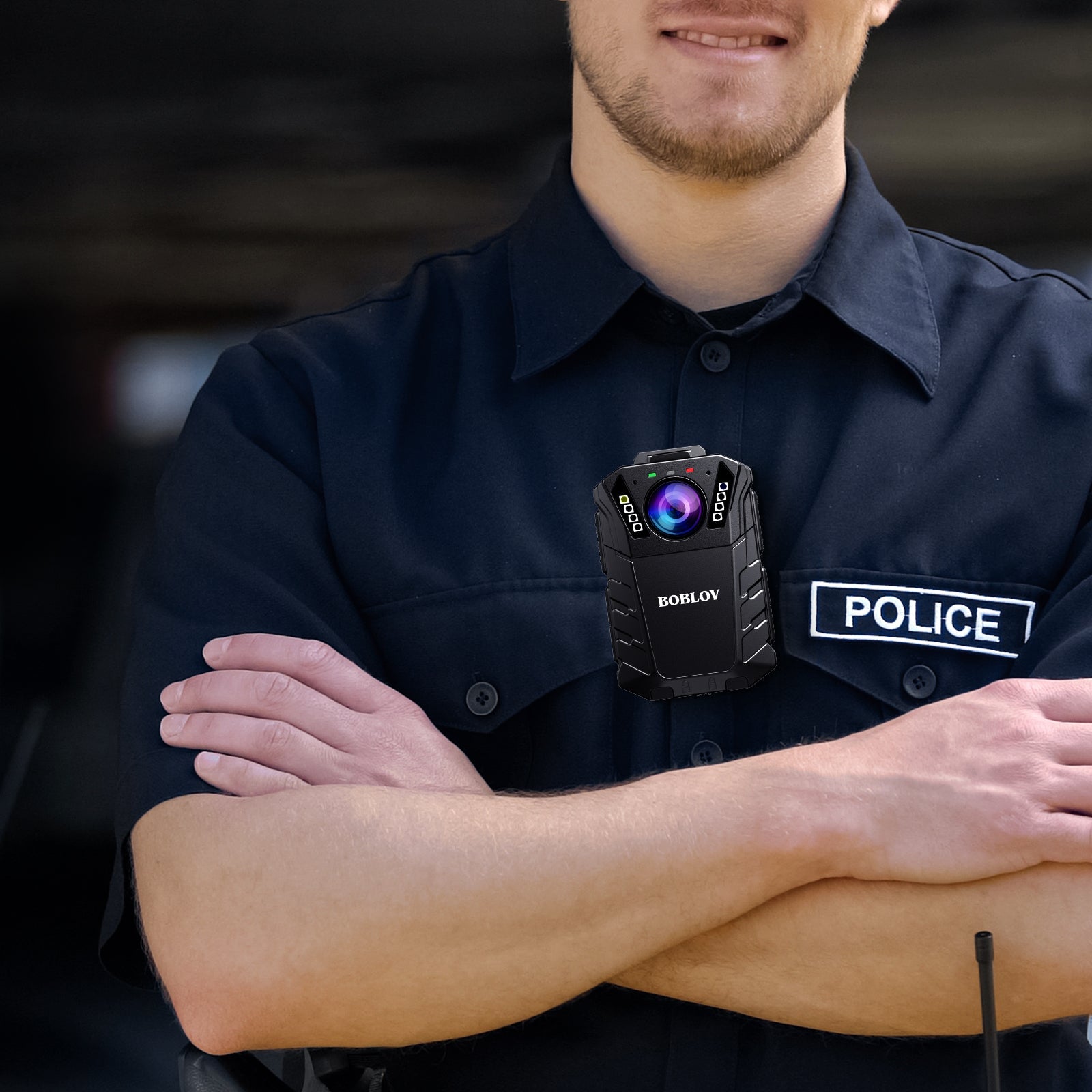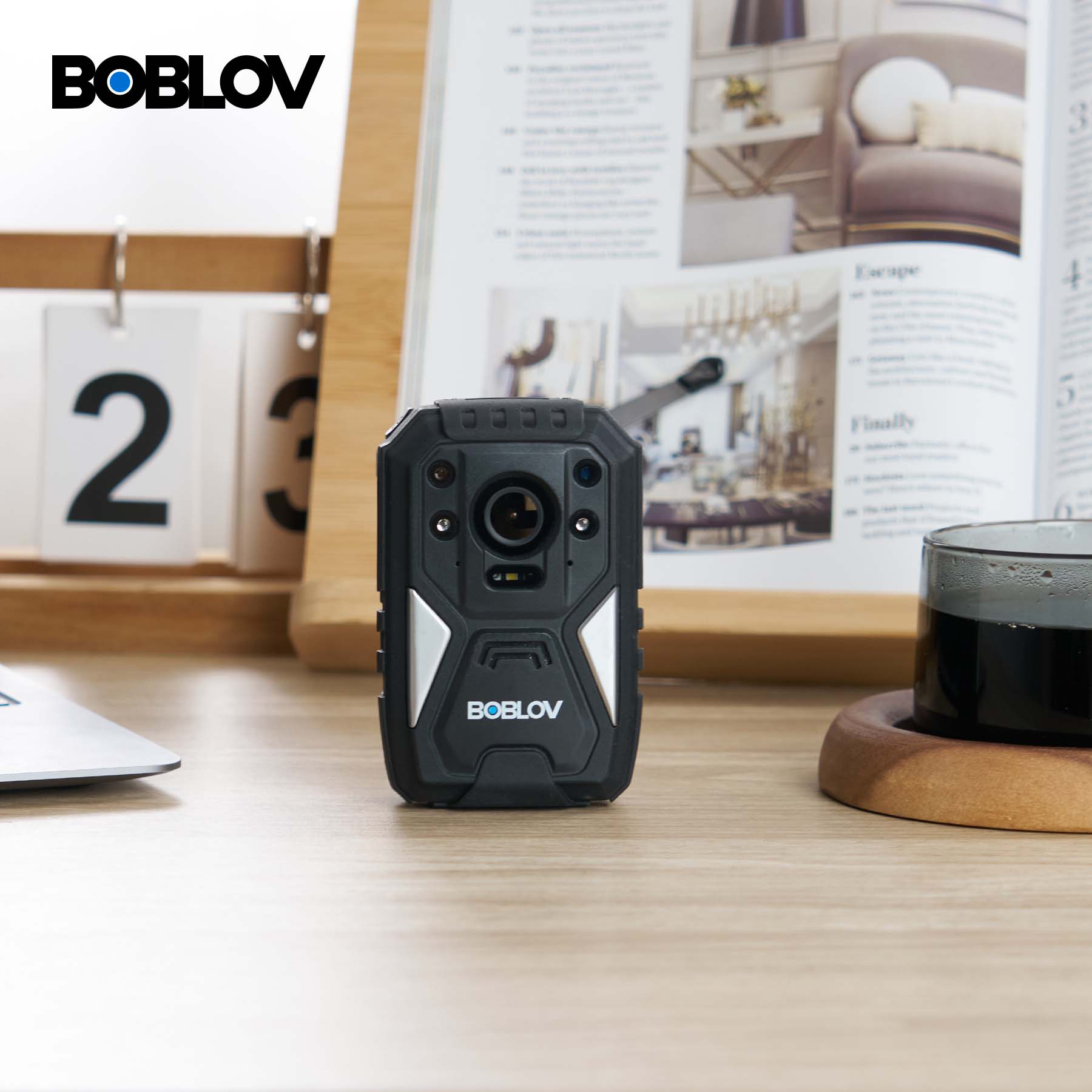The Rise of Cops Body Cams: An Overview of Adoption and Trends
Understanding the Historical Context of Body Cams in Law Enforcement
To grasp why cops wear body cams, we must look to the past. Around the mid-2000s, the first cams clipped on. At first, they were bulky and costly. But the idea was clear: record police work. This would help in court and with public trust. Over time, tech got better and prices fell. Laws and rules started changing, too. More police officers began wearing body cams across the U.S. Today, they're almost standard gear. It's a big change from the early days. And it's all to make law enforcement better and more transparent.
Analyzing the Recent Spike in Cops Body Cam Sales
Recent data reflects a marked increase in the sales of cops body cams across the U.S. The trend points to a growing acceptance of these devices among law enforcement agencies. Various factors, such as high-profile incidents and policy changes, have propelled this surge. Manufacturers like Boblov are noting higher demand for their body cam models. Both large police departments and individual officers are investing in these mini cams. This rise in sales underscores a shift towards greater accountability and transparency.
Factors Contributing to the Increased Interest in Body Cams
The demand for body cams by police has shot up. Several factors fuel this trend. First, the public calls for more police accountability. People want to make sure law officers do their jobs right. Next, tech advances make body cams better and cheaper. Cams are now smaller, clearer, and last longer. Then, new laws now often require cops to wear cams. This is to build trust in the community. Also, funds for police tech have increased. Governments give more money to buy body cams. In the end, officers themselves see the value in cams. They help keep a clear record of their work. These factors all work together to push up sales of body cams in the U.S.
Ethical Implications and Practical Benefits of Cops Body Cams
Balancing Privacy and Security in a Digital Age
In our digital world, body cams pose a privacy challenge. They also add security. Cops wear them to record their work. But citizens worry about their privacy rights. How do we balance the two? We need rules that protect both sides. They should be fair and clear. Body cams can help or hurt, depending on how we use them. It's key to find a middle ground. This balance lets us stay safe while keeping our private life untouched.
The Role of Body Cams in Enhancing Transparency and Accountability
The deployment of body cameras among police officers has altered the landscape of law enforcement, ushering in a new era where encounters between the police and the public are more transparent. These devices offer an unvarnished record of events, crucial for scrutinizing actions and decisions made during incidents. This transparency is essential for trusting the process that holds officers accountable. It also fosters community trust, particularly important in the context of heightened scrutiny of policing practices.
Studies have shown that the presence of body cams can lead to a reduction in complaints against officers, as well as a decrease in the use of force incidents. This suggests that cameras encourage both the police and citizens to behave more responsibly. In essence, body cams are not just tools for recording; they are instruments for change, capable of improving police-citizen interactions and, by extension, public safety.
Practical Advantages for Law Enforcement Agencies and Officers
Body cams offer real benefits for U.S. cops. They boost public trust and help in court. Officers get evidence on tape, which can clear up disputes. The cams also protect officers against false claims. Training improves with cam footage, aiding skill development. With cams, cops can review incidents and learn how to handle similar events in future. This tech thus aids both justice and education.
Future Directions: Technological Advancements and Regulatory Challenges
Innovations in Body Cam Technology and Features
The landscape of law enforcement is changing with the integration of advanced body cam tech. New models feature enhanced video quality and live streaming capabilities. They now come with longer battery life and improved storage solutions. GPS tagging and biometric access are among cutting-edge upgrades. Body cams are also getting lighter and more durable. These innovations aim to boost officer safety and efficiency. However, they're also stirring up fresh discussions on regulation and privacy rights. As tech evolves, so does the need to balance innovation with ethical use.
Regulatory Landscape: Addressing Privacy Concerns and Best Practices
As body cams gain popularity, regulation becomes a hot topic. Laws are crafting to balance privacy with the need for body cams. Best practices are being established for using this tech wisely. These steps aim to protect citizens' rights while aiding police work. Guidelines cover areas like when to record and data storage. Such rules ensure body cams are a tool for justice, not intrusion. The conversation continues, sculpting the future of surveillance.
Predicting the Future: What's Next for Cops Body Cams in the U.S.?
As we look ahead, the trajectory for cops body cams appears steeped in innovation. We anticipate enhanced features like higher resolution, better night vision, and even AI integration for real-time analysis. Yet this tech surge will also usher in regulatory scrutiny, particularly around data privacy. Lawmakers may set strict usage policies and retention limits for footage. Anonymization tech may become standard to protect identities. In this digital era, balancing the gains in police transparency and public privacy will be the crucible that shapes the future of body cams in law enforcement across the U.S.




